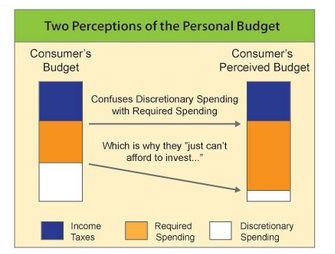
What is market volatility? Volatility is when prices of stocks and equity funds increasingly shift in value up or down. When a low-volatility period is followed by increases in volatility, stock markets may begin to offer lower prices, which can effectually present lower-priced fund units, both offering a buying opportunity for the investor.
The stock market can both gain value in a “bull market” and can have periods of slowdown referred to as a “correction” or, if more prolonged, a “bear market”, which can occur during a recessionary period.
Many investors have seen their investments increase dramatically since the 2008-9 financial crisis that affected all the world’s markets. Further, since 2020 during the pandemic, the market has experienced remarkable gains as investors moved into another bullish period of growth after an extreme correction based on fear in mid-March 2021 occurred. Many of these investors have also witnessed a remarkable bull market taking many stocks and equity funds much higher than their previous years’ valuations. Conversely, investors who unwisely sold their holdings out of fear lost money.
The ideal strategy exercised by most successful contrarian investors like Warren Buffet is to buy investments when others are fearful and sell their holdings at lower prices.
When buying opportunities abound The market can experience increased volatility due to fears such as various wars, debt crises of countries, economic slow-downs, or mitigating inflation with rising interest rates.
Nevertheless, wise investors think positively during periods of higher volatility, relying on the professionals managing their investment portfolios.
Predesigned investment plans are necessary Though periods of volatility occur, exercise patience while maintaining a balanced and well-diversified portfolio according to a prescribed investment plan.
Plan with your advisor to establish a buying plan when others may be fearful. Market cycles of volatility are normal and expected.



 Determine your perspective on investing. Always spending and never investing is a serious dilemma often based on a certain mindset that can easily change for the better. Do you view yourself as a consumer or an investor?
Determine your perspective on investing. Always spending and never investing is a serious dilemma often based on a certain mindset that can easily change for the better. Do you view yourself as a consumer or an investor?







 By diversifying among carefully selected, different asset classes, you reduce the risk of being over-exposed to any particular asset class.
By diversifying among carefully selected, different asset classes, you reduce the risk of being over-exposed to any particular asset class.
